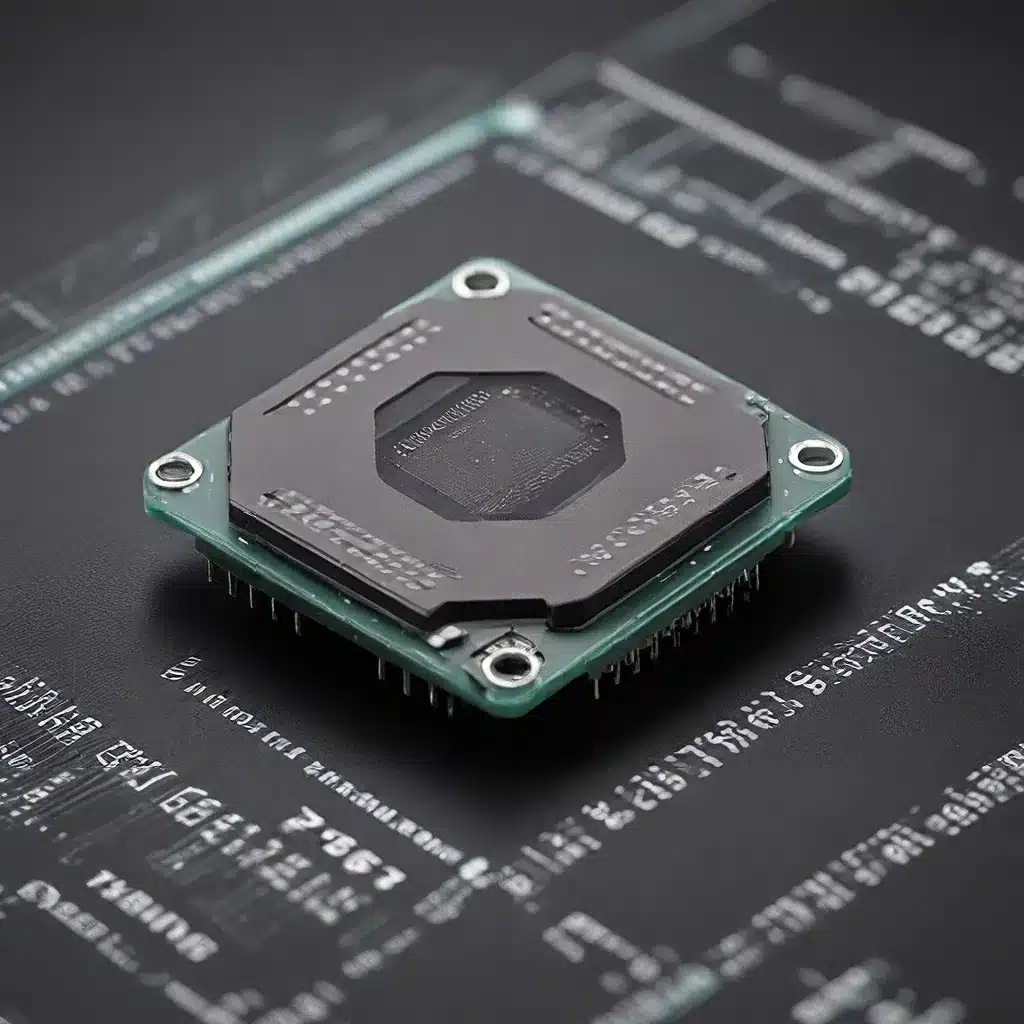
The Pursuit of Precision in Aerospace Manufacturing
Aerospace engineering is an industry where precision is paramount. From the early days of aviation to the cutting-edge technologies of today, the sector has undergone a profound transformation, driven by the relentless pursuit of accuracy, reliability, and performance. The integration of advanced materials, such as carbon-fiber-reinforced polymers (CFRP), and the adoption of precision manufacturing techniques, including computer numerical control (CNC) machining, flow forming, and rotary forging, have been instrumental in elevating the aerospace industry to new heights.
The aerospace parts manufacturing sector is defined by its unyielding commitment to pushing the boundaries of aviation technology through rigorous engineering practices. The selection and processing of materials are driven by the industry’s relentless pursuit of advancements in strength, weight reduction, and resistance to extreme conditions. The integration of innovative materials, such as smart materials and nanocomposites, has further enhanced the performance and operational efficiency of aerospace systems.
Smart materials, including Shape Memory Alloys (SMAs) and Piezoelectric Materials, are transforming the aerospace industry by enabling aircraft components to intelligently adapt and respond to dynamic environmental conditions. These materials require precision in their application, as the slightest deviations can impact the functionality and safety of aerospace components. Companies like AIP Precision Machining, with their expertise in precision engineering and adherence to industry-leading standards such as AS 9100 certification, are at the forefront of ensuring that the transformative potential of smart materials is fully realized in aerospace applications.
Additive Manufacturing: Unlocking New Possibilities
The aerospace industry has also witnessed a revolutionary transformation through the adoption of additive manufacturing, commonly known as 3D printing. This innovative approach to parts production allows for the creation of complex, lightweight designs that traditional manufacturing methods cannot achieve. Additive manufacturing enables the production of components with intricate geometries, such as lattice structures and conformal cooling channels, which significantly enhance the performance and efficiency of aerospace systems.
The integration of digital twin technology within aerospace manufacturing further underscores the industry’s commitment to precision and reliability. By creating a comprehensive virtual representation of physical components, including aircraft and satellites, digital twin technology allows for meticulous testing and validation in simulated environments. This integration of data analytics and machine learning into the manufacturing process marks a pivotal advancement, enabling aerospace engineers to predict maintenance needs, improve equipment development, and streamline the validation of complex systems.
Addressing Challenges in Aerospace Manufacturing
While the aerospace industry has made remarkable strides in technological advancements, it also faces several significant challenges. Cost and supply chain constraints, as well as the need for stringent quality control and regulatory compliance, can pose barriers to the widespread adoption of cutting-edge technologies. However, industry leaders are actively addressing these challenges, leveraging innovative strategies and collaborative partnerships to drive the industry forward.
One of the key challenges in the aerospace sector is the high cost of production, particularly for advanced materials like CFRP. The labor-intensive processes and specialized equipment required for their manufacture have historically limited their adoption. Nonetheless, ongoing advancements in precision manufacturing techniques are enhancing the utility and application of these materials, making them increasingly accessible and viable for a broader range of aerospace applications.
In addition to cost considerations, the aerospace industry must also navigate the complex web of regulatory requirements and quality standards. Certifications like AS 9100 and ISO 13485:2016 are critical in ensuring that aerospace manufacturing processes and products consistently meet the highest safety and quality standards. Companies like AIP Precision Machining, with their dual certifications, are uniquely positioned to handle complex aerospace projects involving advanced materials and technologies, providing a cross-industry perspective that enhances innovation and meticulous attention to detail.
The Future of Sensor Networks and IoT in Aerospace
As the aerospace industry continues to evolve, the role of sensor networks and Internet of Things (IoT) technologies is becoming increasingly pivotal. These advancements are enabling the development of sophisticated sensing and monitoring systems that can detect environmental changes, such as temperature and stress, essential for real-time aerospace decision-making.
The integration of adaptive thermal control materials in aerospace manufacturing plays a crucial role in managing heat distribution, protecting critical components, and ensuring the optimal performance of onboard electronic systems. These smart materials, combined with the precision-focused manufacturing techniques and quality assurance protocols, are poised to drive the next wave of advancements in aerospace technology, focusing on sustainability and operational efficiency.
Embracing the Future: Collaborative Partnerships and Technological Synergies
As the aerospace industry continues to push the boundaries of innovation, strategic partnerships and collaborative efforts will be crucial in driving progress. By fostering relationships between industry leaders, research institutions, and technology providers, the aerospace sector can harness the synergies of diverse expertise and accelerate the development of game-changing solutions.
Companies like AIP Precision Machining, with their deep understanding of the aerospace industry’s needs and their commitment to technological excellence, are well-positioned to be trusted partners in this endeavor. Their expertise in precision engineering, coupled with their adherence to rigorous industry standards, positions them as collaborators of choice for aerospace entities seeking to realize the full potential of advanced materials, precision manufacturing, and IoT-driven innovations.
The future of aerospace is undoubtedly bright, as the industry continues to embrace cutting-edge technologies and innovative manufacturing techniques. By prioritizing precision, durability, and efficiency, the aerospace sector is poised to soar to new heights, redefining the boundaries of what is possible in aviation and space exploration.